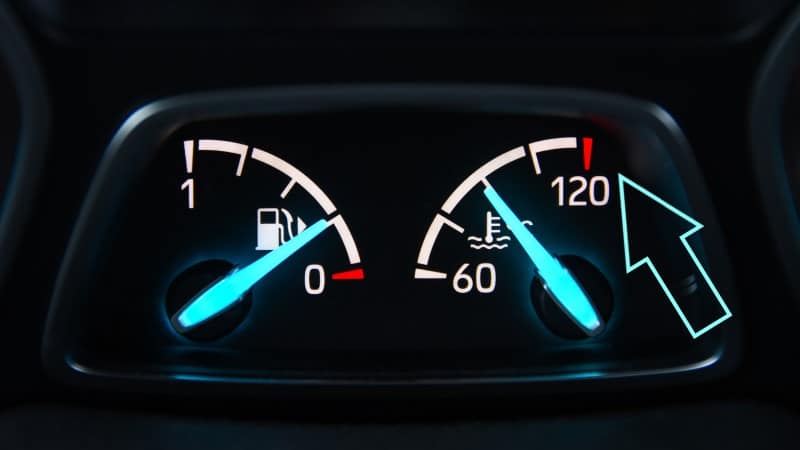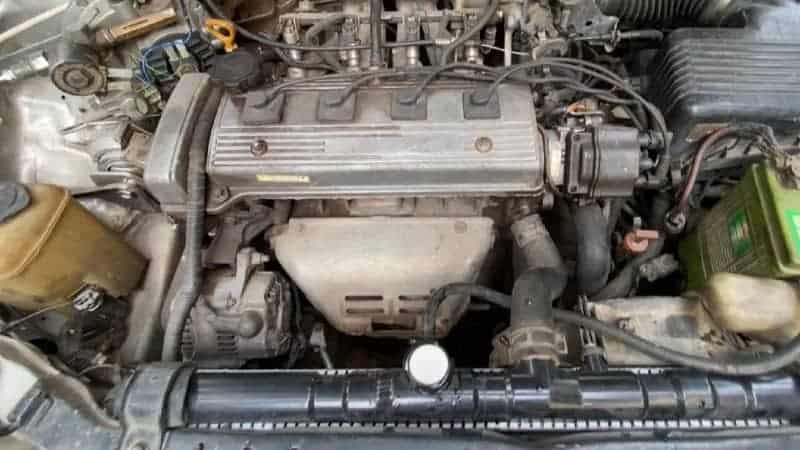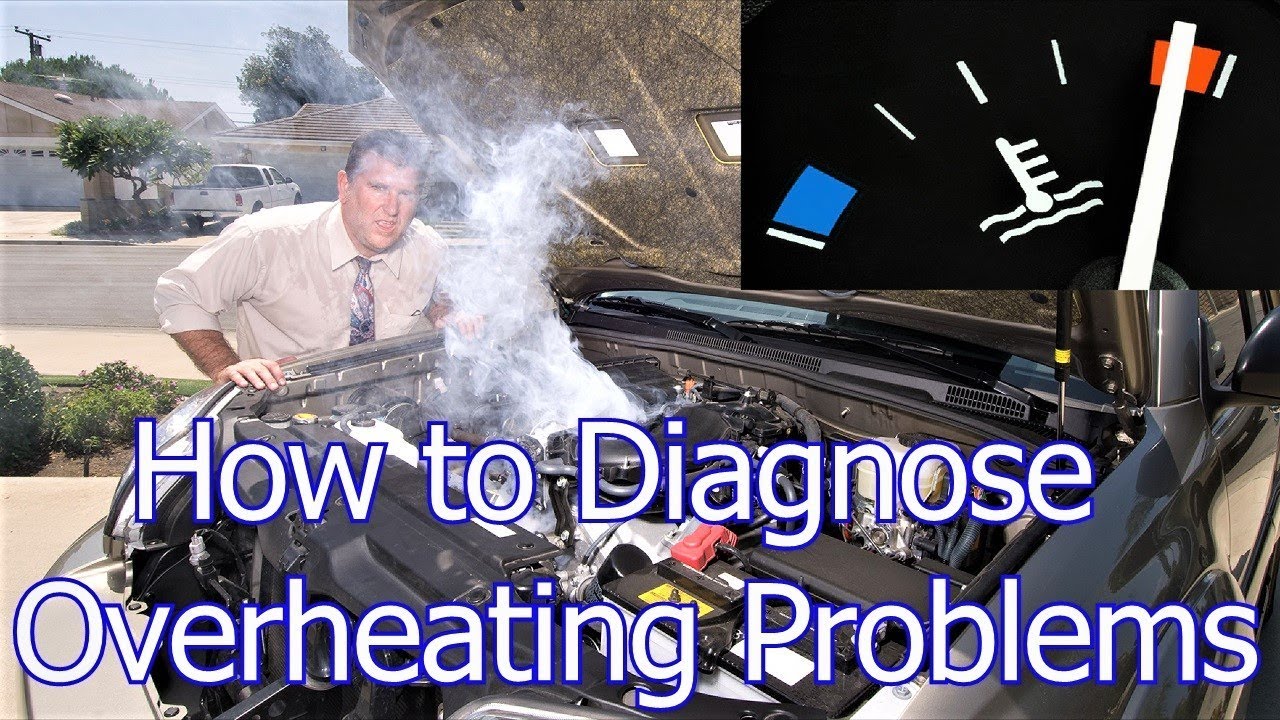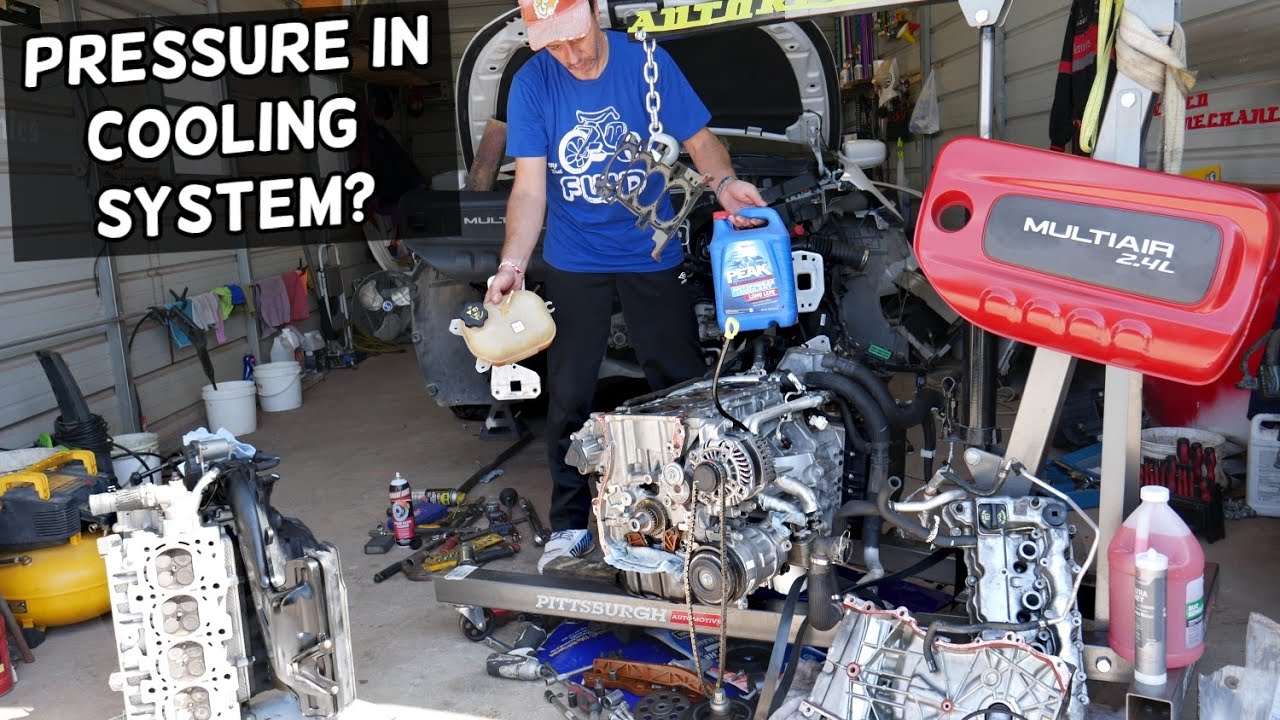Although there are certain issues with your automobiles that can be driven for a long time, one of those issues is when the engine overheats. Overheating an engine and continuing to drive it is a certain way to have it sent to the junkyard. That’s why it’s so important to check for and fix engine overheating problems before you go on a road trip.
10 Common Causes of Car Overheating
Low engine coolant, a broken thermostat, a leak in the coolant system, issues with the radiator, a broken water pump, and an inadequate cooling fan are the most typical causes of an automobile engine overheating. On the other hand, coolant air pockets, low coolant pressure, and engine oil low could be the culprits.
Let’s take a look at each of these potential reasons of engine overheating in turn so we can see how they influence the temperature of the engine.
- 01. Low engine coolant or no coolant
- 02. Faulty thermostat
- 03. Lousy water pump
- 04. Coolant leaks
- 05. Damaged or clogged radiator
- 06. Damaged engine coolant fan
- 07. Defective temperature sensor
- 08. Air pockets
- 09. Low engine oil
- 10. Faulty hoses or belts

Effects of an overheating engine
The most direct route to engine failure is excessive heat. Overheating an engine to dangerous levels can distort or bend its pistons and cylinders. As a result, oil will leak into the combustion chamber and burn alongside fuel due to damaged engine-to-cylinder wall seals.
Grinding, moaning, knocking, and other dreadful engine noises might also be caused by distorted pistons or cylinder walls. The engine’s performance will be significantly diminished. When the engine seizes, it’s usually because the warped pistons have broken.
How do you fix a car engine that gets overheated?
In order to repair an engine that has overheated, you must first determine the cause of the problem.
- Top the engine coolant
- Fix coolant leak
- Replace lousy radiator fan
- Replace bad thermostat
- Flush the engine coolant
- Unclog the radiator
- Replace faulty water pump
- Replace the damaged temperature sensor
- Burp the radiator
- Change a blown head gasket.

However, is it possible for an engine to withstand excessive heat? Yeah, that’s the easy one. Overheating can cause minimal damage to an automobile engine if caught early and repaired.
Conclusion
Among the most serious engine problems, car overheating is definitely not something you want to mess with. A leaky hose or insufficient engine coolant is the most common cause of automobile overheating. Prolonged indifference to the source will eventually lead to disastrous consequences and exorbitant repair bills. Therefore, if you see the temperature indicator on your dashboard going up, you should always stop in a safe area. Then, when your engine starts to overheat, do as instructed above.





